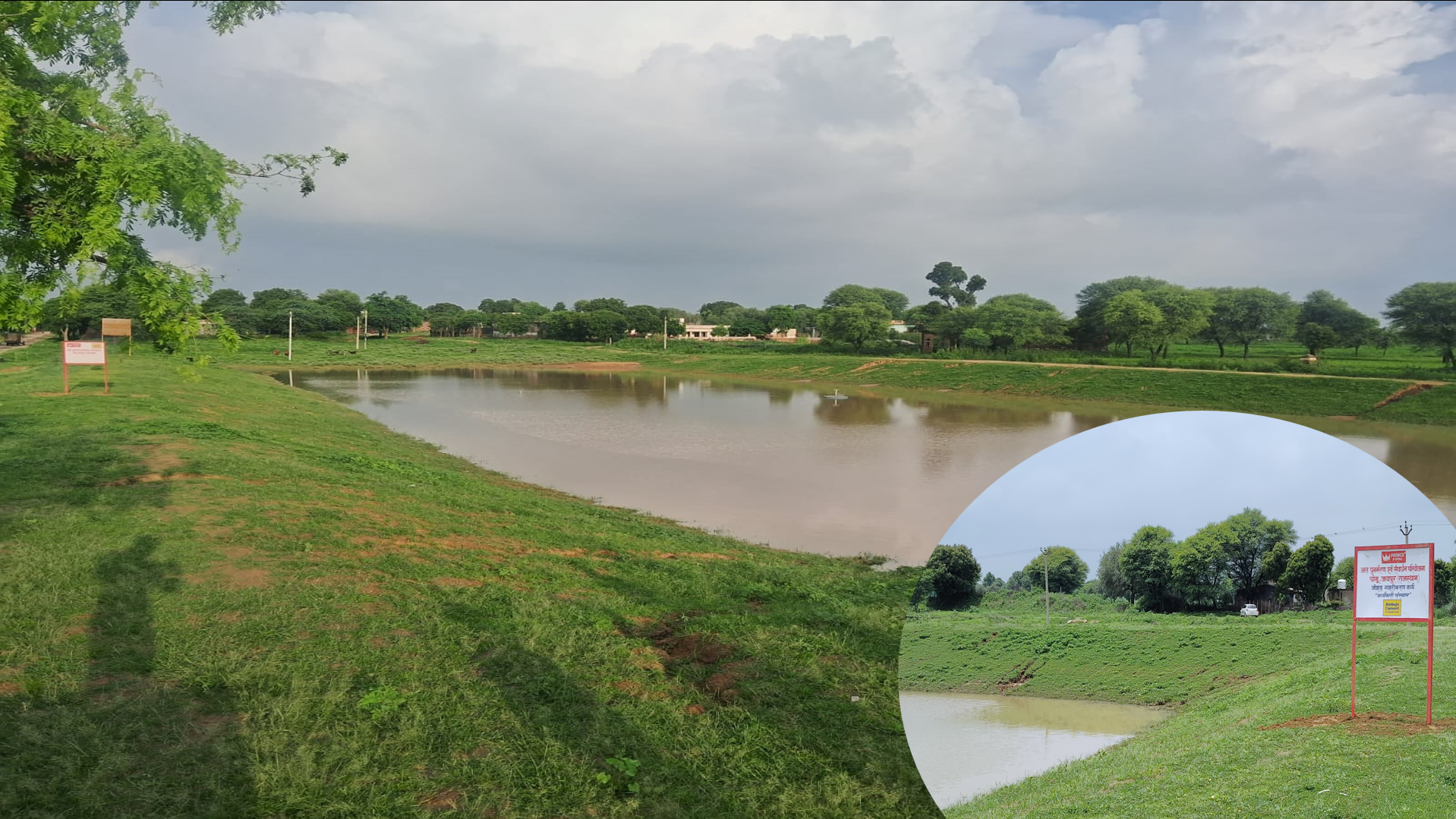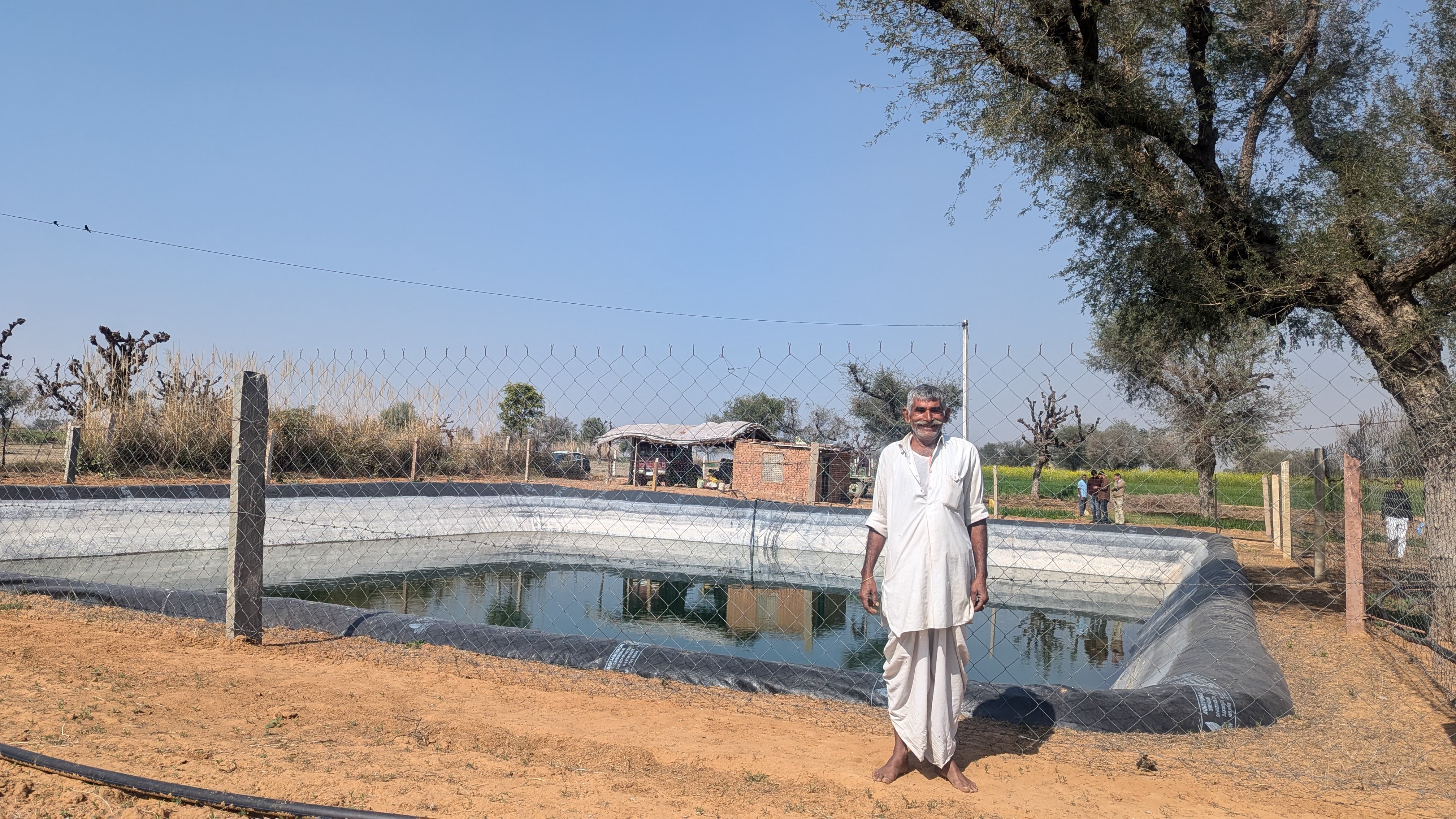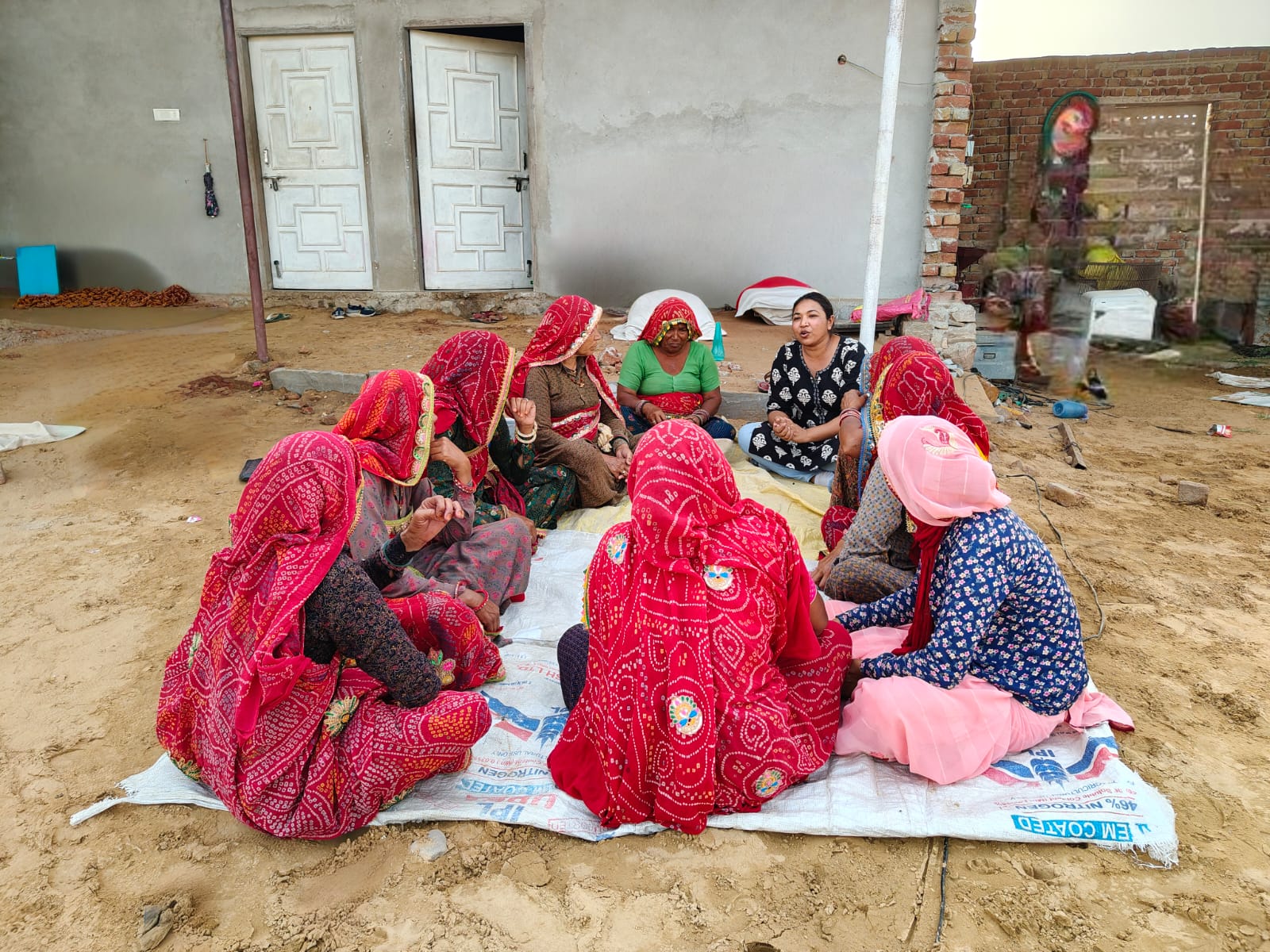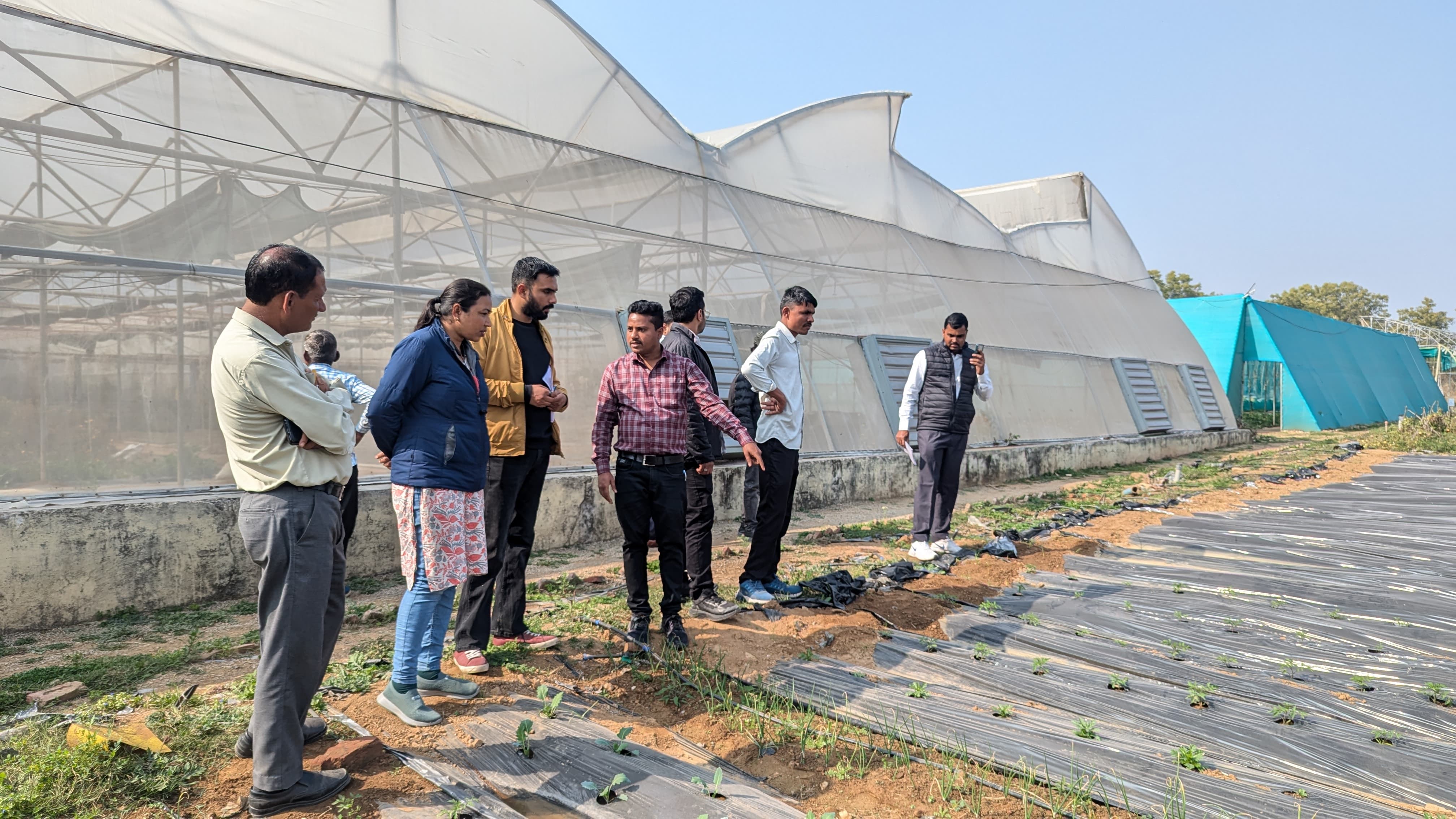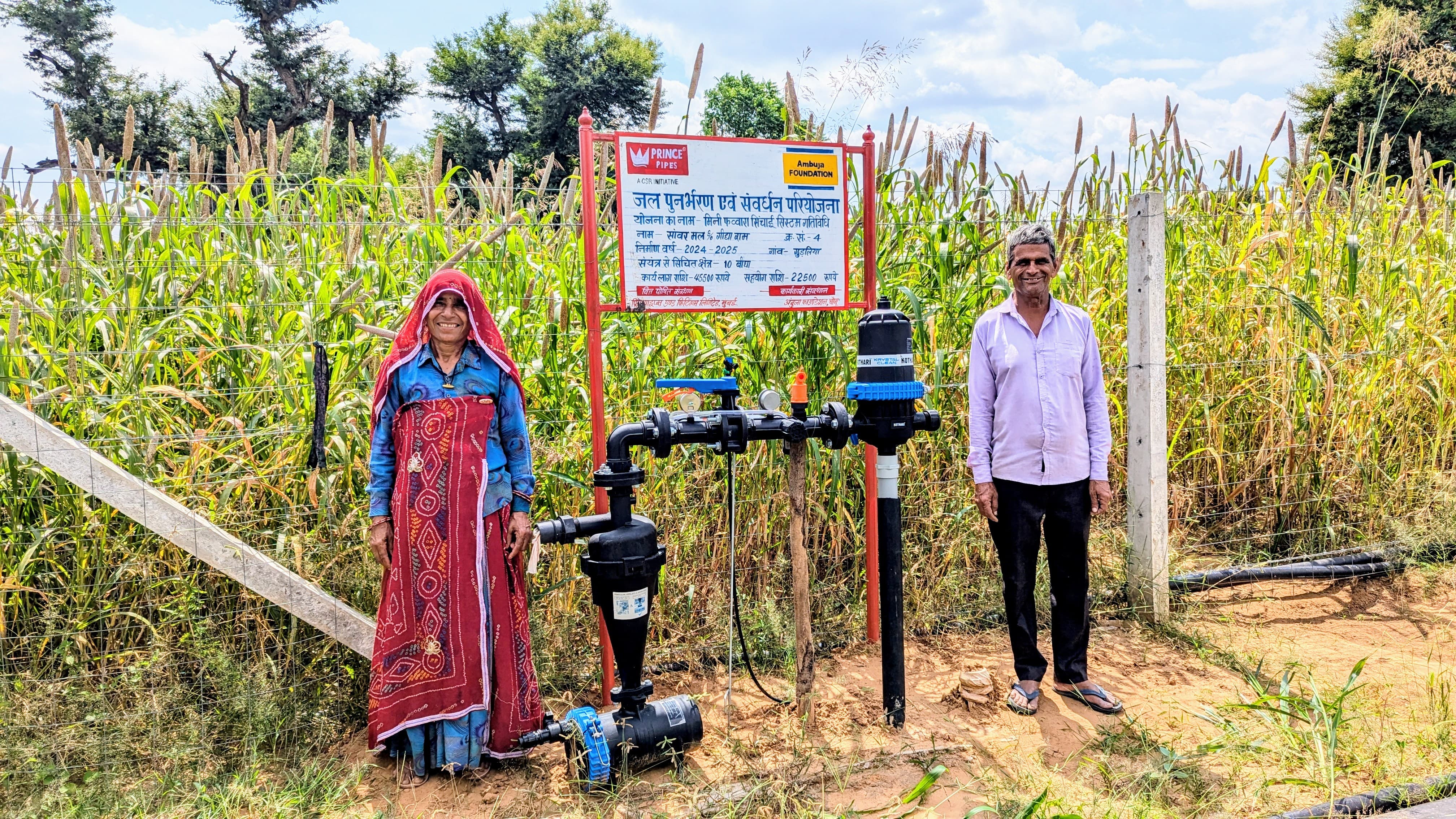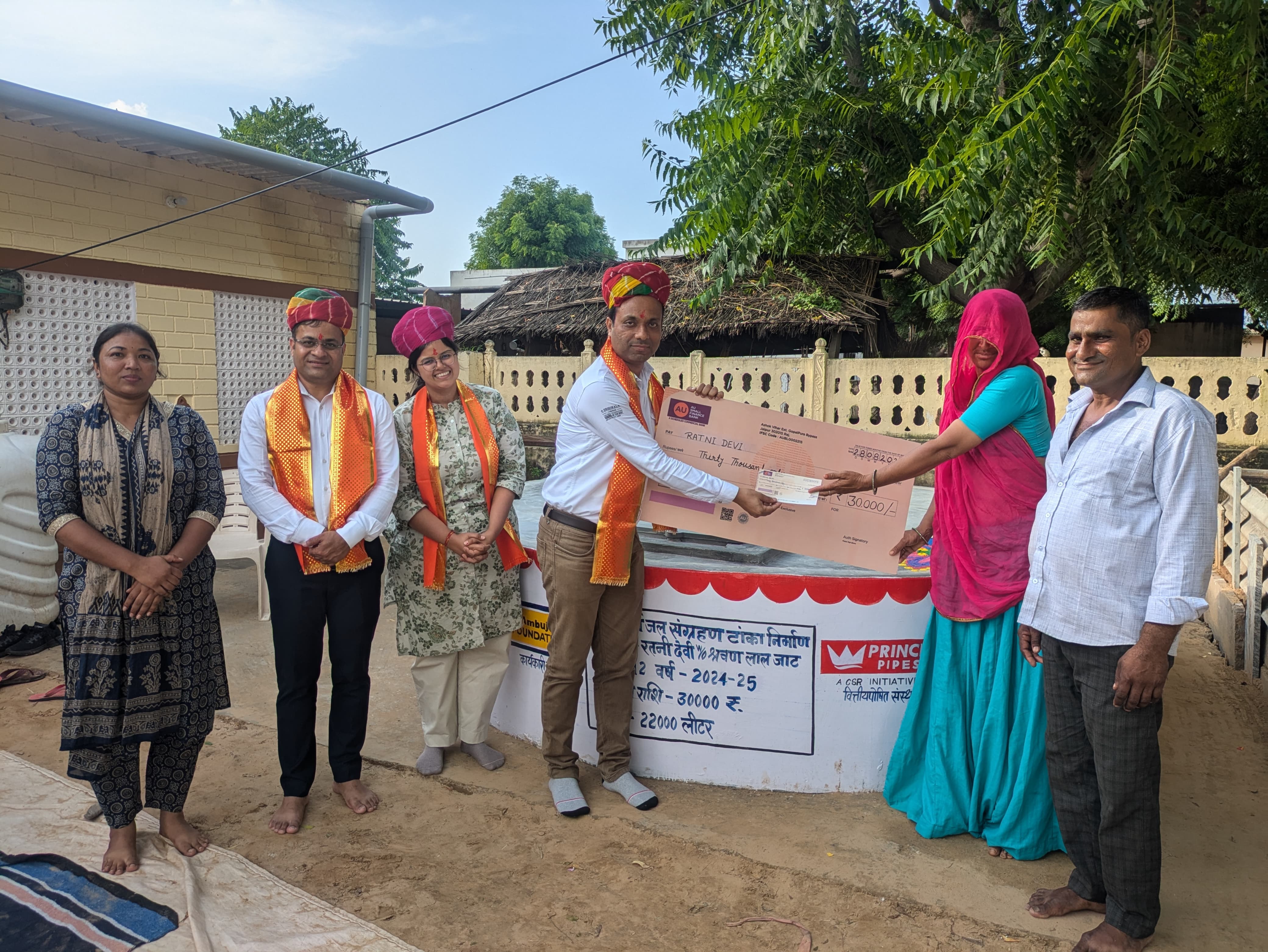From humble beginnings to becoming one of India’s leading manufacturers in piping systems, the story of Prince Pipes and Fittings Limited (“Prince Pipes”) and its growth, is nothing short of inspiring! Starting out in business with just a small family Kirana shop, the family ‘s penchant for business evolved – pivoting into the plastics industry in the 1970s, when five brothers came began into making household items like buckets and jugs. In 1980, a pivotal moment occurred when the family members chose to branch out. Seizing an untapped opportunity, Jayant Shamji Chheda founded Prince Pipes, and what followed was a steady rise as a leader in plumbing and piping solutions.
Prince Pipes is one of India’s largest integrated piping solutions providers and multi polymer manufacturers, based in Mumbai, Maharashtra. Over 4 decades, the company has been engaged in the manufacturing of polymer piping solutions in four types of polymers - CPVC, UPVC, HDPE, and PPR. The Company has 8 state-of-the-art manufacturing units located across the country at Haridwar (Uttarakhand), Athal (Dadra and Nagar Haveli), Dadra (Dadra and Nagar Haveli), Kolhapur (Maharashtra), Chennai (Tamil Nadu), Jobner (Rajasthan), Sangareddy (Telangana) and Begusarai (Bihar).
With a deep understanding of the Indian market and its infrastructural gaps, Prince Pipes has positioned itself not just as a business, but as a solution provider to some of India’s most pressing challenges — particularly in water and sanitation. It’s little wonder then that one of the chief tenets of its CSR portfolio is ‘water’ which saw them joining hands with Ambuja Foundation and together rewriting the water story for remote communities in Rajasthan.
A CSR Journey Born From Family Values
Long before CSR was mandated in India, Prince Pipes was organically involved in giving back. “When the company set up its plant in Athal in 1995, there was an instinctive drive to support local livelihoods, schools, and health services. Ambulances were donated, schools were renovated, and hospitals supported — all in the spirit of local community well-being,” said Founder & Chairman Jayant Shamji Chheda.
“When the CSR mandate came into effect, Prince Pipes formalized its efforts, with guidance from Sattva Consulting - allocating funds systematically across a range of causes from medical, education, sanitation, water access, and women’s empowerment,” said Shailesh Bhaskar, Company Secretary & Compliance Officer.
Impact Through Partnerships
One of the company's most impactful collaborations has been with Ambuja Foundation in Chomu & Jobner, Rajasthan. This region, home to one of Prince Pipes’ manufacturing units, faced acute water scarcity. Working with Ambuja Foundation, the company aimed to revive non-functional, redundant water bodies, create new water facilities and rejuvenate groundwater across the location.
Working together, the project saw over 112 Rooftop Rain Water Harvesting systems constructed to resolve the scarcity of safe drinking water and to create a resilient source of water supply for 731 people with 2161 cubic meters safe drinking water storage in the region. To meet the rising water demand, 4 village ponds were revived, creating an additional 23,764 cubic meters of water storage capacity and ensuring a year-round supply for recharging. Additionally, the project boosted groundwater via revitalisation and building of check dams, farm ponds, and farm bunding.
Working with local farmers, 115 acres of field area were covered with improved irrigation technologies. Additionally, Ambuja Foundation educated the local community to use water more consciously and adopt more water efficient techniques.
“We were amazed to see a second crop emerging, which hadn’t happened before. These are not small wins — they’re lifelines for communities like these,” shares the Chairman. “These impacts not only uplift livelihoods but also validate the power of sustained, grassroots investment.”
Future Vision: Clusters, Sustainability & Scale
What does the future hold for Prince Pipes CSR? The company envisions an expanded cluster-based approach to CSR — focusing on one geographic zone for 3–4 years until it becomes self-reliant. Chomu, now in its third year, is nearing sustainability.
With eight manufacturing plants across India, these areas will become anchors for localized impact. In Telangana, the focus is on self-employment and training women in sustainable livelihoods. Each initiative aligns with Prince Pipes’ belief that CSR isn’t just about compliance — it’s about creating lasting ecosystems.
Private Sector's Role in Water Resilience
As a leading player in providing solutions to the countries water and sanitation needs, the team at Prince Pipes feels that more can be done to create water resilience in rural communities from within the corporate sector.
“With 65–70% of the piping industry now organized, other leading players like Prince Pipes are in a strong position to make an impact by investing heavily in community water resilience projects,” said Mr. Jayant Chheda. “We can’t keep digging 100 feet deep and hoping for water. The time to act is now. And if every corporate takes responsibility for just one region, we’ll see a different India.”


